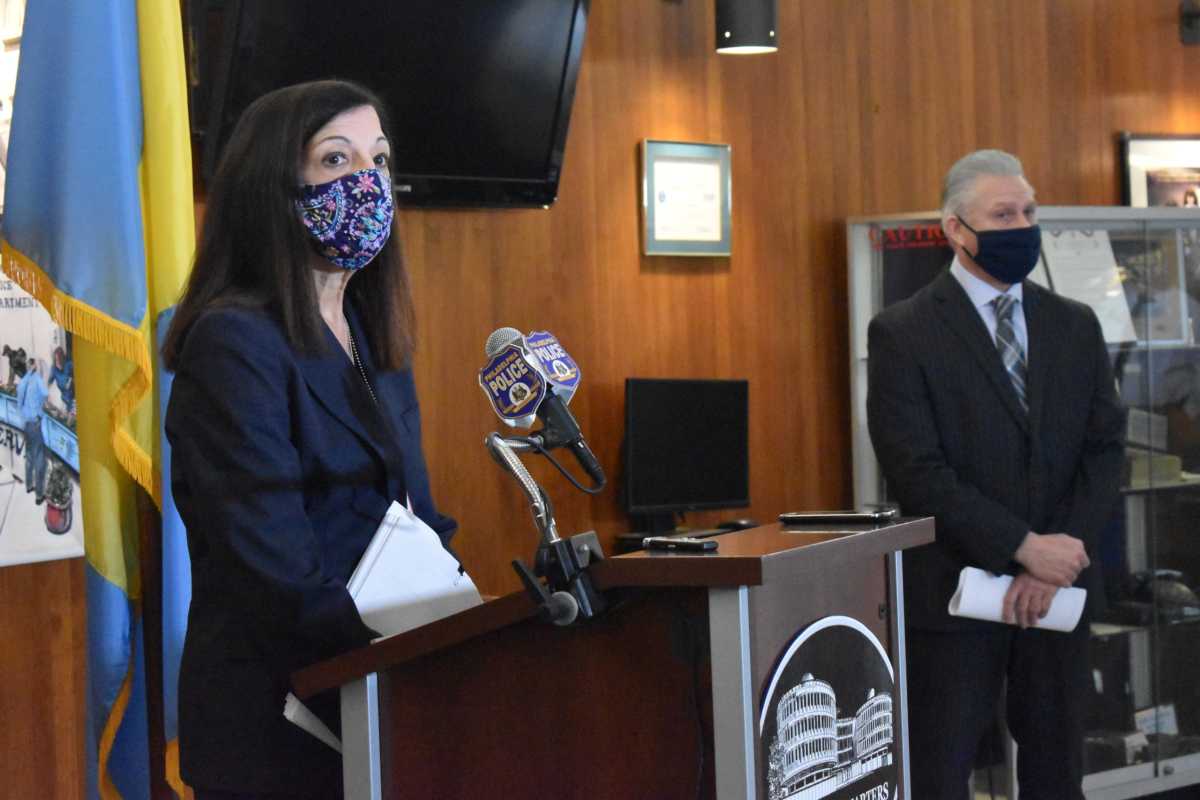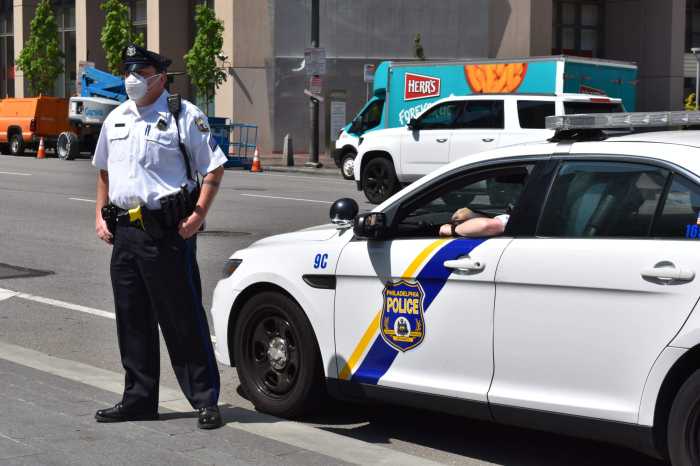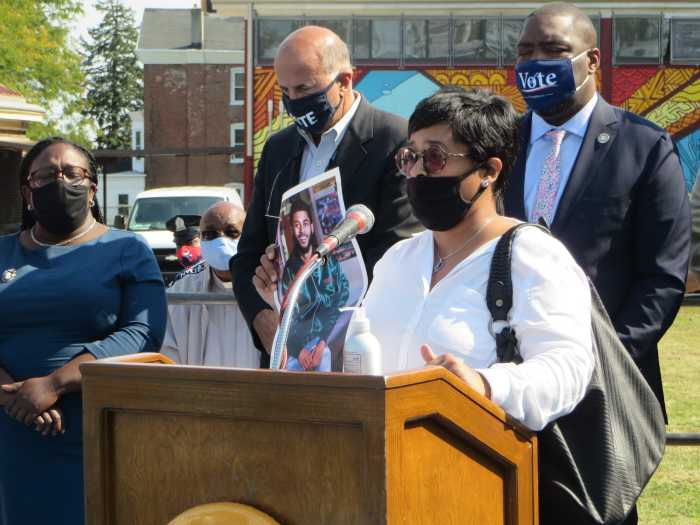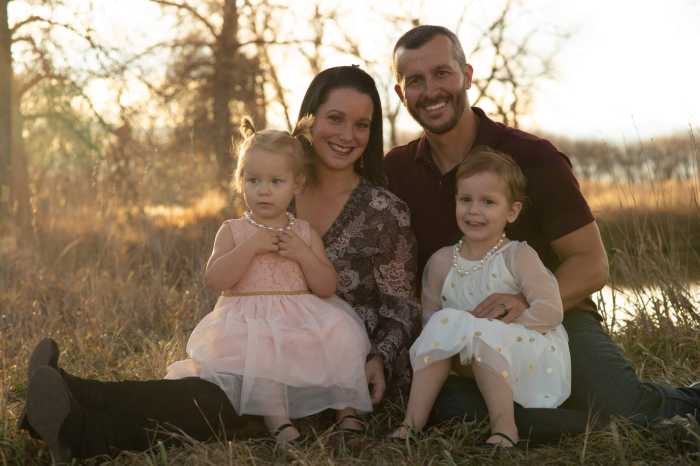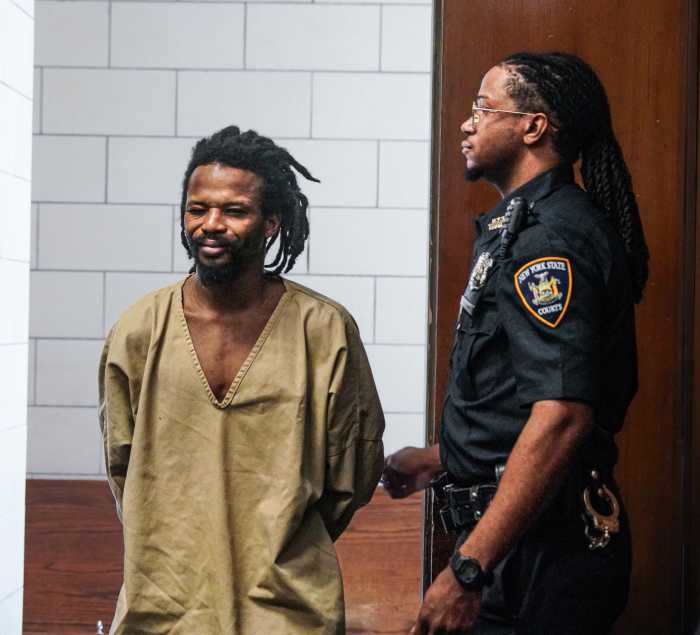The finger-pointing has begun over who was responsible for the release of 20-year-old Josephus Davis, who is charged with last week’s fatal shooting of a dog walker in Brewerytown.
Davis was on probation when he allegedly kidnapped and robbed an Uber driver last year, and, while in jail in September, he was charged with the aggravated assault of a prison guard.
In both cases, his bail was lowered, from a combined $300,000 to $32,000, of which he only had to pay 10%. Davis was freed Dec. 29, just two weeks before Milan Loncar, 25, was gunned down during an attempted robbery near 31st and Jefferson streets.
“I’m sure that many balls were dropped in this case, and that will be looked at,” said Joanne Pescatore, the assistant chief of the District Attorney’s homicide unit. “Unfortunately, we do see this in a lot of cases.”
She said prosecutors objected to the motions to lower Davis’s bail. There is no indication they filed a formal appeal of the decisions, though Pescatore said the DA’s office is still “investigating” exactly what happened.
It’s possible that the coronavirus played a factor in the bail adjustment, as Davis had been locked up for 10 months without having a preliminary hearing. Proceedings had been repeatedly delayed, according to court documents.
Pescatore argued a probation officer should have issued a detainer on Davis, since he was on probation after serving six months in prison for two prior robberies when he was picked up and charged in February 2020.
“His bail should not have been lowered,” Pescatore said Tuesday. “It was lowered to an extremely low level.”
Police say Davis and an accomplice approached Loncar last Wednesday as he was walking his dog. Davis allegedly pulled out a gun and pointed it at Loncar’s chest as the other person checked his pockets.
Loncar took a step backward and attempted to push the gun away, according to Philadelphia police homicide Capt. Jason Smith. That’s when Davis allegedly pulled the trigger, striking Loncar in the chest.
The pair were caught on surveillance cameras running from the scene as Loncar collapsed on the corner.
“It’s a tragic situation,” said Douglas Lee Dolfman, Davis’s court-appointed attorney. “Just to be fair, this case should not be tried in the court of public opinion.”
“It needs to really be tried in a court of law, and that’s what we’re going to do,” he added. “We’re going to build a vigorous defense to it after seeing the evidence.”

Dolfman, who was assigned the case Tuesday, said he has yet to review the evidence or speak to Davis.
Highway patrol officers arrested Davis just after 8:35 p.m. Wednesday in Kensington. He was driving a car that was allegedly stolen during a carjacking the day before.
He has been charged with murder, conspiracy, robbery and related charges, and he has three other pending cases in criminal court.
Detectives have identified a “person of interest” for Davis’ accomplice, but he has yet to be charged.
Reporters, during a press briefing Tuesday morning, questioned whether Loncar’s race — he was white — had anything to do with the seemingly speedy resolution.
“We work every single homicide the same exact way,” Smith said. “We don’t work any harder on cases just involving white defendants.”
Most homicide victims in Philadelphia are Black, and their stories receive a fraction of the media coverage that has accompanied Loncar’s killing.
Smith noted that investigators have arrested a suspect in a fatal shooting that occurred early Monday morning on the 4800 block of Whitaker Avenue in Feltonville. The victim in that case, 35-year-old Pinant Tit, was an Asian man.
He credited Davis’s quick arrest with a number of tips that flooded in after authorities released surveillance footage of the shooting. Six credible tipsters came forward; in most homicides, investigators don’t get any good information, Smith said.
“What’s different about this instance is the level of cooperation,” he added. “It allowed us to quickly develop our suspects.”



